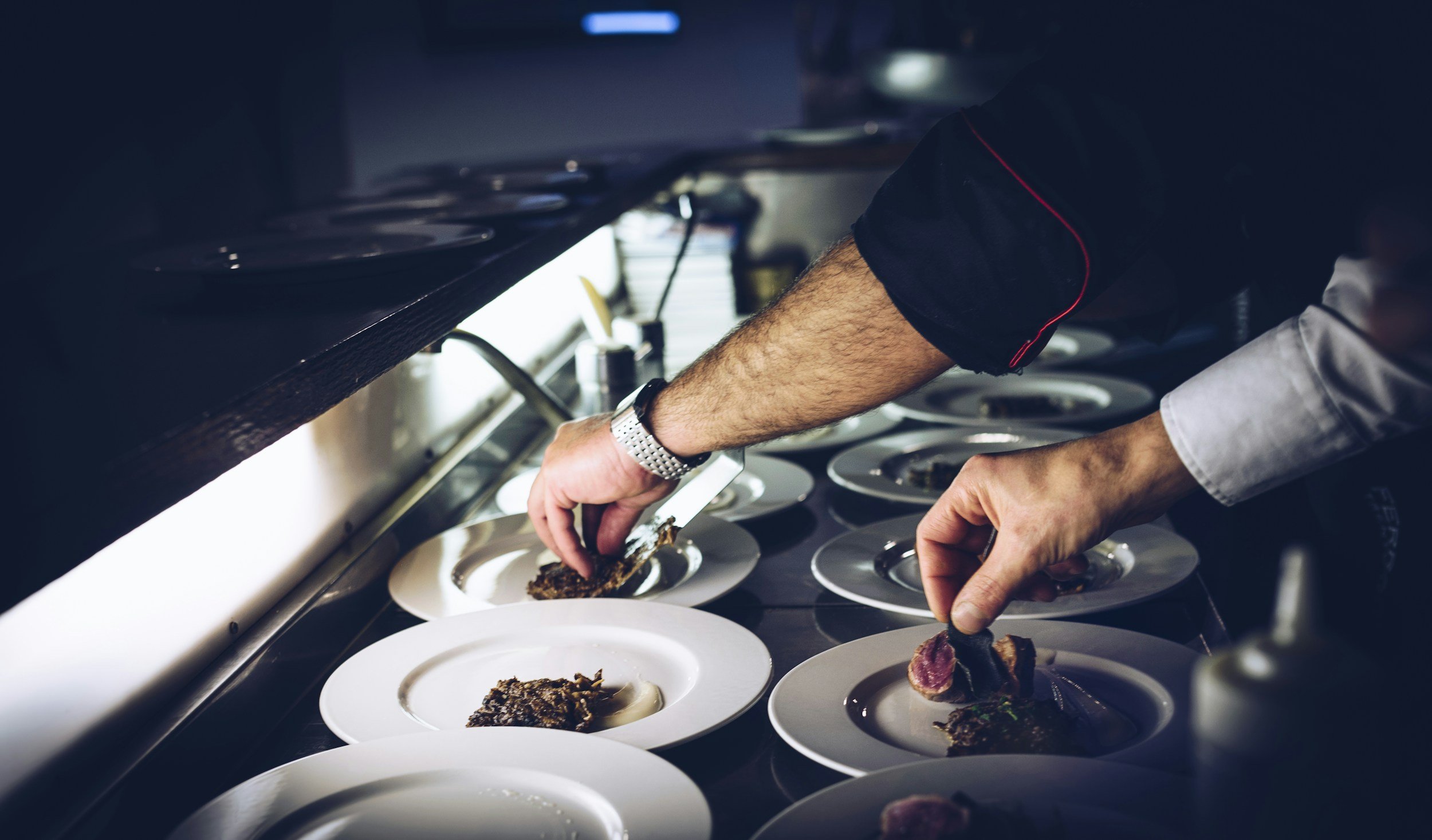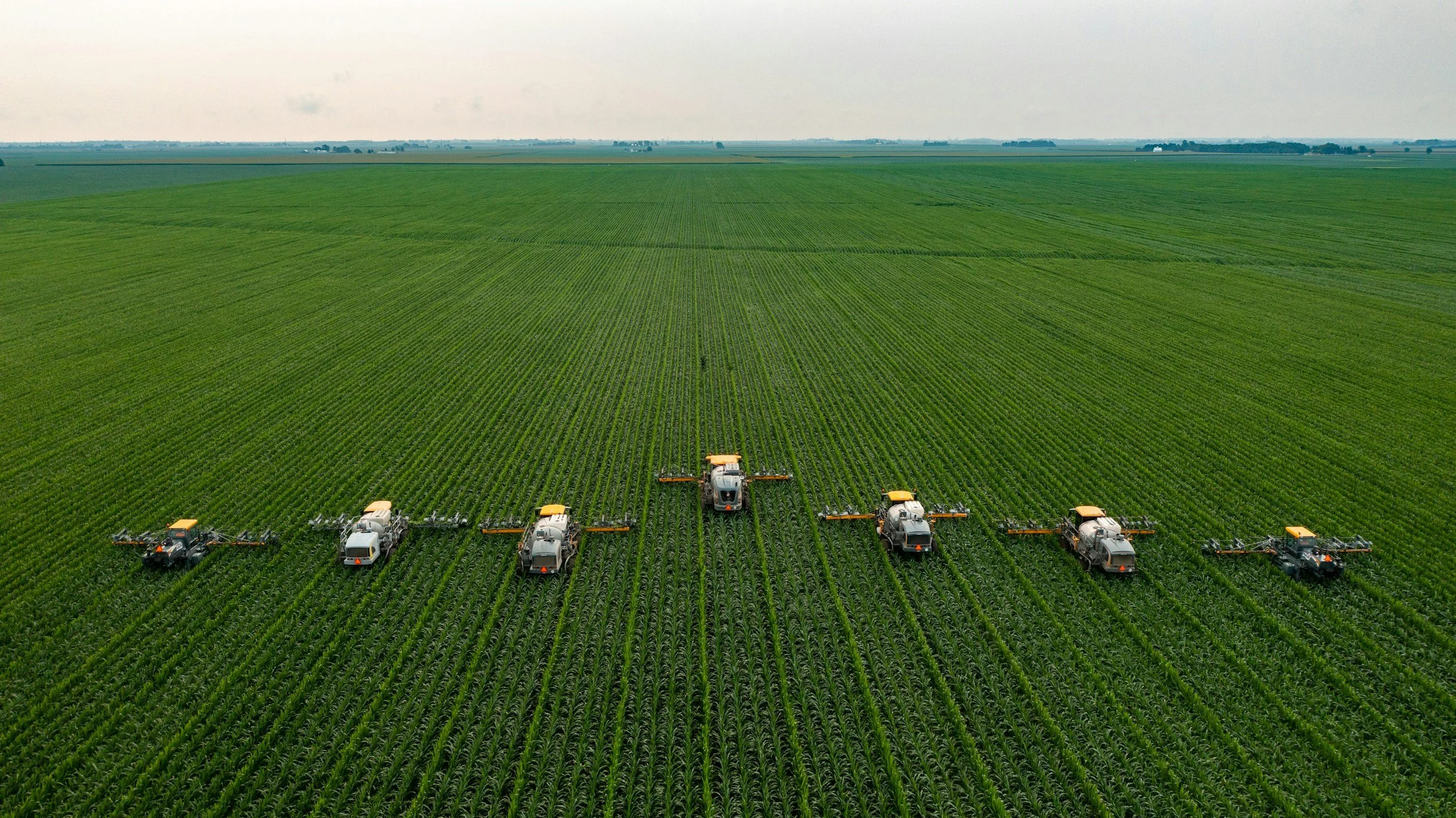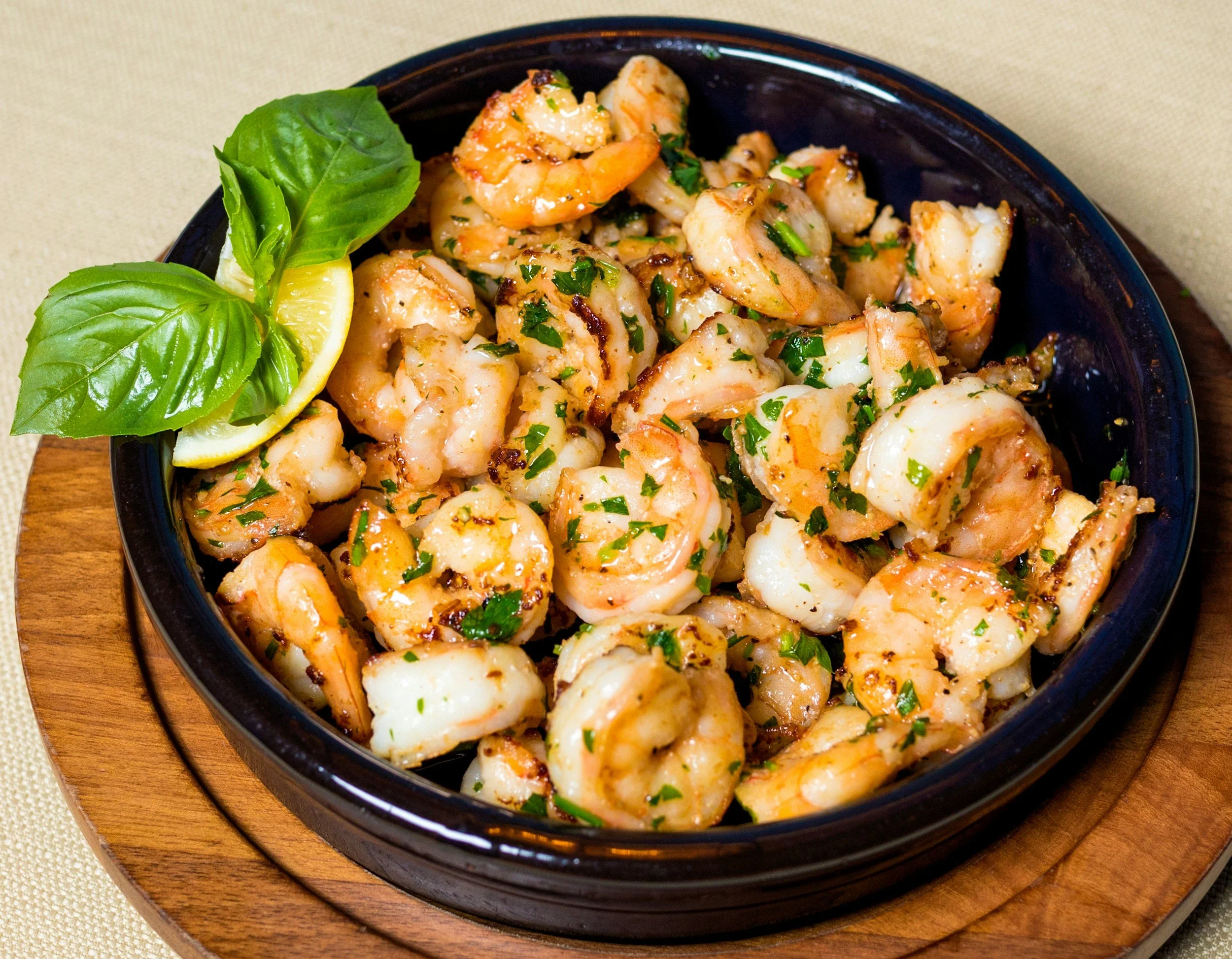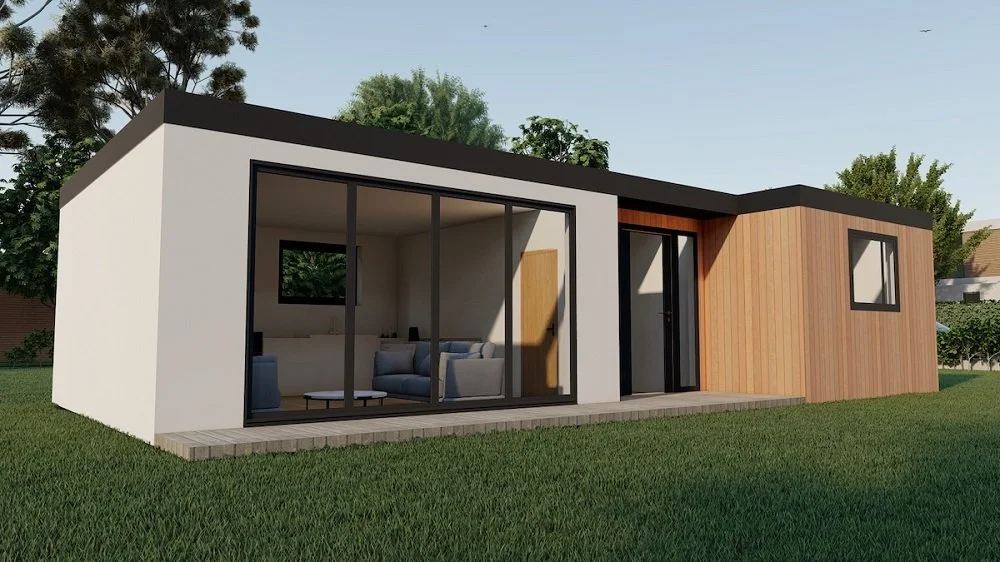Maximizing Water Efficiency in Your Home: Ideas and Tips
/With growing concerns about water scarcity and rising utility costs, more homeowners are looking for ways to reduce water waste. In coastal cities like Virginia Beach, where sustainability is becoming a priority, homeowners are particularly mindful of their water consumption. Whether you’re trying to save money on your bills or contribute to environmental conservation, finding ways to use water more efficiently in your home can make a big difference.
Let’s look at some practical tips and ideas for maximizing water efficiency in your home.
1. Upgrade to Water-Efficient Fixtures
One of the easiest ways to reduce water usage is by upgrading to water-efficient fixtures. Modern technology has made it possible to have luxurious, high-performing fixtures that use significantly less water. Low-flow toilets, water-saving showerheads, and faucet aerators are great examples of how these upgrades can make a big impact.
Low-flow toilets use about half the water of older models, and dual-flush toilets allow you to select how much water you need, depending on the type of flush. Water-saving showerheads and faucet aerators reduce the flow of water without sacrificing pressure, ensuring that you still get a great shower or washing experience.
If you’re considering a bathroom remodel, a Virginia Beach bathroom remodeling company can install these water-efficient fixtures for you. They’ll help you choose options that save water and fit seamlessly into the design of your new space. Making these upgrades can save thousands of gallons of water per year while maintaining the comfort and functionality of your home.
2. Fix Leaks Right Away
Leaks are one of the biggest culprits when it comes to wasting water. Even a tiny drip from a faucet or a running toilet can waste hundreds of gallons of water over time. It’s important to stay on top of leaks, no matter how small they may seem.
Start by regularly inspecting your faucets, toilets, and pipes for any signs of leakage. You can also check your water meter to detect hidden leaks. To do this, turn off all the water in your home, then check the meter. If the meter changes even though no water is being used, you likely have a leak somewhere.
While some minor leaks can be fixed on your own, don’t hesitate to call a professional if needed. Promptly fixing leaks not only prevents water waste but can also save you from expensive water damage repairs down the road.
3. Install a Greywater System
Greywater systems are becoming increasingly popular in homes as people look for more ways to conserve water. Greywater is the relatively clean wastewater from sinks, showers, and washing machines. It can be collected and reused for purposes like flushing toilets or irrigating gardens, which can significantly cut down on the amount of freshwater your home uses.
You can use a graywater system when living near the beach, but there are important considerations to keep in mind. The proximity to coastal areas often involves unique environmental regulations and concerns about groundwater contamination. Graywater systems should be designed to prevent any possible pollution of local water resources, especially in areas like Virginia Beach, which are more susceptible to saltwater intrusion. It's essential to follow local regulations and guidelines, which may dictate the types of graywater systems allowed and how they should be maintained. Additionally, proper filtration and treatment may be necessary to protect both the environment and the health of residents. By taking these precautions, homeowners can effectively implement a graywater system even in beachside locations, contributing to water conservation efforts.
Installing a greywater system can seem like a big task, but the long-term benefits are worth it. It allows you to recycle water and reduce your household’s overall consumption. You can also feel good knowing that you're reducing your environmental impact by using less water from municipal sources.
4. Adopt Smart Watering Practices for Your Yard
Outdoor water use is another area where many homeowners can improve their efficiency. Watering the lawn and garden can consume a significant amount of water, especially during the hot summer months. To minimize waste, adopt smart watering practices.
One option is to install a drip irrigation system. Drip irrigation delivers water directly to the roots of your plants, preventing waste through evaporation and runoff. You can also water early in the morning or late in the evening when temperatures are cooler to reduce evaporation.
Consider collecting rainwater in barrels to use for outdoor irrigation. This reduces your reliance on tap water and helps keep your plants hydrated in an eco-friendly way. Additionally, landscaping with drought-resistant plants can help you maintain a beautiful yard without using excessive amounts of water.
5. Choose Energy-Efficient Appliances
Appliances like dishwashers and washing machines are another source of water consumption in your home. Older models tend to use far more water than necessary, but newer, energy-efficient appliances are designed to minimize water usage without compromising performance.
Look for appliances with an ENERGY STAR certification or a similar label. These appliances are engineered to use water and energy more efficiently, leading to lower utility bills and a reduced environmental footprint.
In addition to choosing energy-efficient models, you can also make sure you're using your appliances wisely. For example, only run your washing machine and dishwasher with full loads. Many newer machines also come with eco-friendly settings that use less water.
6. Monitor Your Water Usage
Keeping track of how much water your household uses can help you find opportunities to save even more. Installing a smart water meter can give you real-time data on your water usage, making it easy to identify spikes or problem areas.
Many smart meters also come with apps that let you track usage and set water-saving goals. You can compare your household's consumption over time and challenge yourself to reduce it by a certain percentage each month. This can be a fun and rewarding way to get the whole family involved in water conservation efforts.
7. Educate Your Family on Water Conservation
Water conservation is a team effort. Getting your family on board with saving water can make a huge difference in your household's overall efficiency. Start by teaching kids simple habits like turning off the tap while brushing their teeth, taking shorter showers, and not using the toilet as a trash can.
Encourage everyone in your household to be mindful of their water usage and make conservation a family goal. By working together, you can make saving water a part of your everyday routine.
By implementing these water-saving tips, you can make a significant impact on your home’s efficiency and reduce your overall water usage. Simple changes like upgrading fixtures, fixing leaks, and adopting smart watering practices not only benefit the environment but also help you save money on your utility bills. Water conservation doesn’t have to be difficult or expensive—it’s about making mindful choices that add up over time.
About the Author:
Tahir Quaid Johar is a Blogger, Author, Marketing and SEO Specialist with a passion for creating content on Lifestyle and such prevailing topics to educate the readers and helping them to learn and enhance their thinking process.










































With growing concerns about water scarcity and rising utility costs, more homeowners are looking for ways to reduce water waste. In coastal cities like Virginia Beach, where sustainability is becoming a priority, homeowners are particularly mindful of their water consumption. Whether you’re trying to save money on your bills or contribute to environmental conservation, finding ways to use water more efficiently in your home can make a big difference.